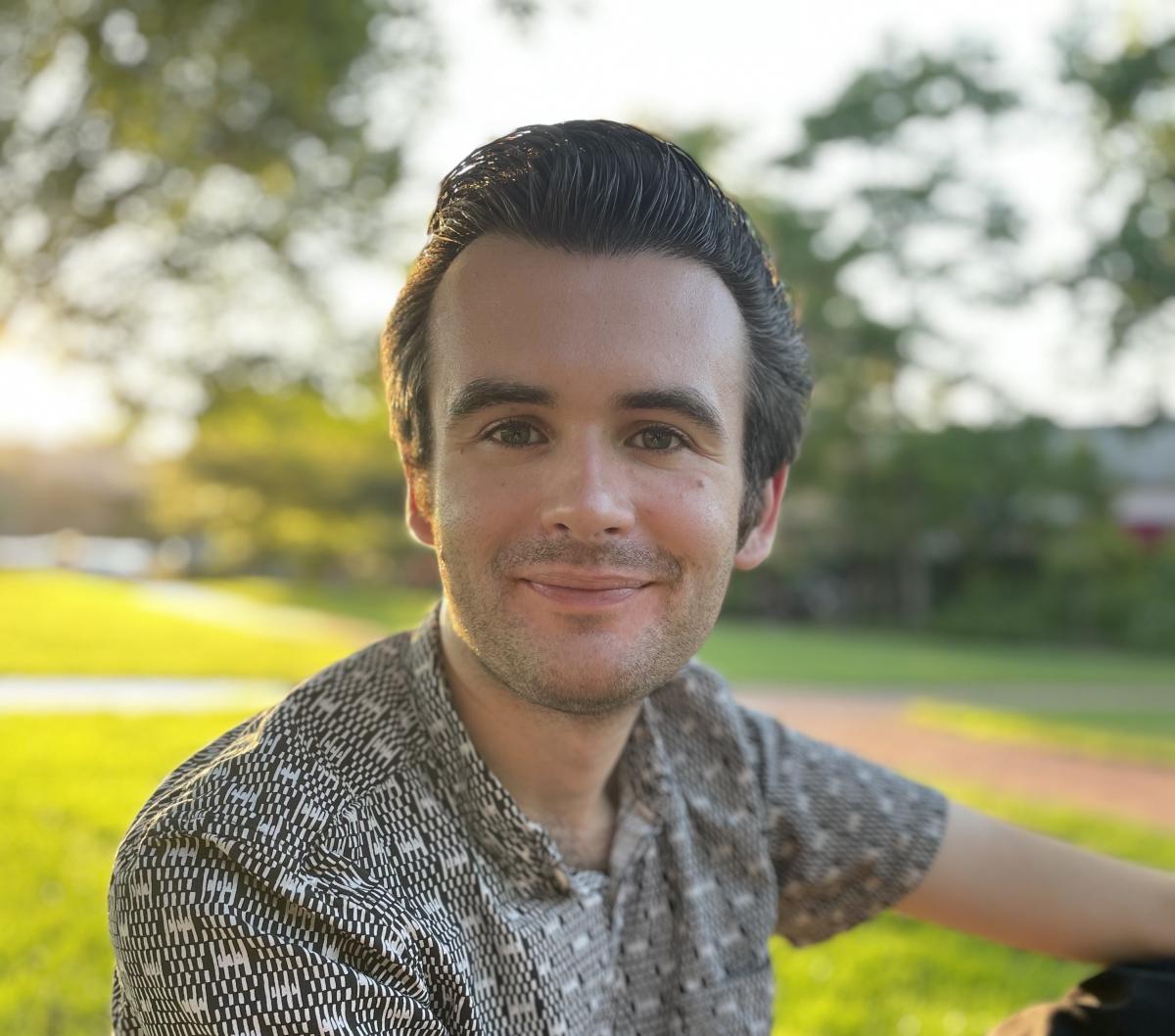
English B.A. ’16, M.A. '17
This spotlight was written with guiding interview questions from Jeanette McKellar.
______________________________________________________________
I'm a writer and a PhD candidate in Modern Thought and Literature at Stanford. I feel fortunate that I get to spend a lot of my time teaching and writing. Much of this work is strictly academic fare, but recently I've been writing more essays and criticism for a broader audience—on a whole variety of topics, from the rise of "vibes"-talk online, to pods and why they seem to be everywhere, to the personal-essay-ification of cultural criticism over recent years. I don't know if I exactly have a "beat" in my criticism, but I'm drawn to pop-culture phenomena that feel so ubiquitous that they almost evade notice, but that nonetheless produce a vague lingering sense that there's something odd going on here. In my academic work, I focus on contemporary literature and material culture.
My time in Tulane's English department was absolutely formative for me as a writer and as a thinking person in general. Over my undergraduate and graduate classes, I didn't only learn the outlines of literary history. Even more signficantly, I also developed habits of thought and attention that, without exaggeration, forever changed the way I see the world.
Close reading forms the foundation of everything I do in my professional life. Granted, that's easy enough for me to say as a graduate student. But it also applies more broadly across the jobs I've had over the years. In my short time in corporate America as a software business analyst, and in my current side gigs as a writing tutor and as a freelance essayist and critic, I've found that everything depends on your ability to slow down, pay careful attention, and see meaning where someone else may not see any. That, to me, is the most fundamental part of close reading. The trick, of course, is to then tease out what that meaning is; that's where writing comes in. Studying literature is a way of cultivating these basic but invaluable skills.
It's also an aesthetic education. Not in the sense that you learn what is proper to like and dislike, but in the sense that you gain an appreciation for the role style plays in everyday life: yes, its ability to mislead and manipulate, but also its pleasures, the sustaining and resistant power it can have. In more concrete terms, being able to look at language rather than simply looking through it—that's one of the most significant prizes of a literary education, or at least it has been for me. I consider this to be a private treasure rather than a skill to leverage on the job market, but it's not hard to see how people with a sense for language and style are well positioned to do well anywhere people need help expressing themselves.
I have so many wonderful memories in the English department: writing my honors thesis under the supervision of Professor Michelle Kohler, studying psychoanalytic theory with Professor Molly Rothenberg, exploring the "swamp novel" canon with Professor Rebecca Mark, acting out Shakespeare scenes in Professor Scott Oldenburg's classes, getting an introduction to the world of rhetoric and composition theory with Professor T.R. Johnson, deciphering 19th-century handwriting as a research assistant to Professor Melissa Bailes—I could go on. These experiences made me who I am today, and I am forever grateful to the Tulane English department for them.

